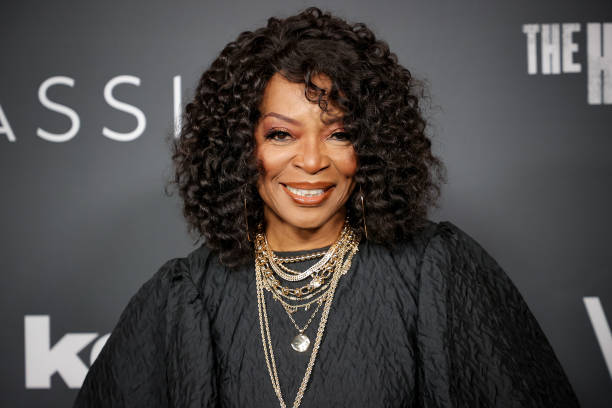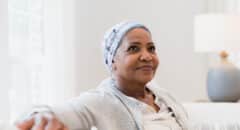
Unseenism is a pervasive yet often overlooked phenomenon that deeply impacts individuals, particularly women over the age of 40. It describes the feeling of being ignored, overlooked, or unheard, stemming from societal biases based on age and gender. This concept, eloquently articulated by actress Tina Lifford, sheds light on the challenges faced by many (particularly Black women) who feel marginalized or unseen in various aspects of their lives. Whether in healthcare settings, professional environments, or everyday interactions, unseenism can have profound effects on mental, emotional, and physical well-being.
Lifford’s personal experiences have deeply resonated with the concept of unseenism. Despite growing up in a household that encouraged speaking up, she has still encountered moments where she felt unseen or ignored.
Lifford’s mother, who recently passed away at 91, served as a role model for advocating for yourself, highlighting the importance of speaking up, especially in healthcare settings.
“My mom was 91 years old and at 91 she was in the hospital advocating for herself. We were right there with her,” Lifford tells BlackDoctor.org.
Unfortunately, many people overlook the crucial role of self-advocacy in their health journey. According to a new Insmed Incorporated study, 58 percent of women who chose not to speak up during a visit with their doctor said it was because their health concerns were previously ignored.
The survey of over 2,000 participants aimed to uncover how “Unseenism” can shape the health decisions of people aged 40+ years, according to a press release. Key insights from the survey indicate that:
- 62% of women surveyed stated they feel more overlooked or believe they will feel more overlooked as they age.
- 82% of respondents said they leave a doctor’s appointment without getting all their questions answered and understanding all that was discussed.
- 40% of people surveyed said they have previously chosen not to speak up to their doctor even though they had something to say. Reasons cited for not speaking up included their health concerns were previously ignored (58%), they feared their concerns wouldn’t be addressed (44%), or they didn’t want to burden their doctor (41%).
Although speaking up for yourself can be challenging, it is crucial to your well-being. In a panel discussion organized by Insmed’s “Speak Up in BE” initiative, Lifford, alongside actress Jane Seymour and a bronchiectasis (BE) patient sat down to discuss unseenism and its impact on patients living with BE. The diagnosis of BE is frequently missed or delayed leaving many patients feeling overlooked or underrepresented. Notably, around two-thirds of BE patients are women, with the average age of diagnosis being 68.
Lifford advises those feeling like victims and unheard to advocate for themselves by taking notes, conducting their own research, trusting their instincts when they sense something is amiss, persisting in the face of rejection, and always being unafraid to ask questions.
“The conversation doesn’t stop because someone isn’t listening to you. It needs to go on.” Lifford shares.
For those, living with a chronic condition, Lifford suggests allowing yourself to go through the grieving process. “You’re now living in a








